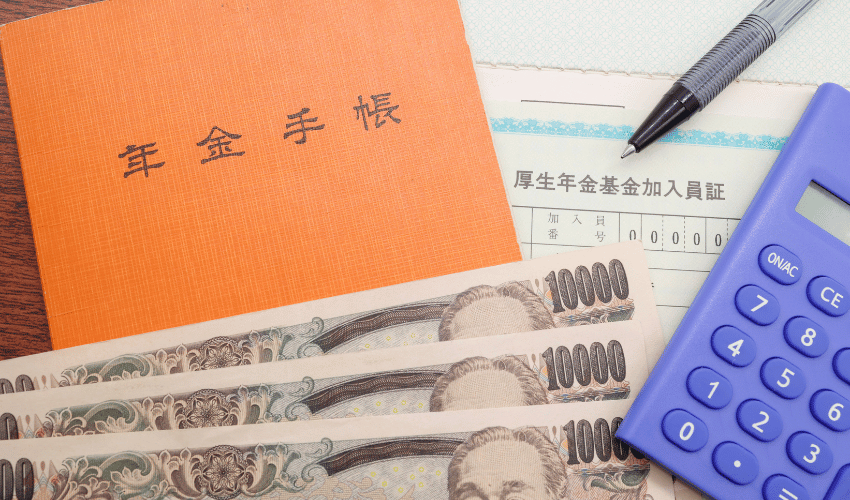Many might think Japan has few holidays, but surprisingly, the country celebrates 16 national holidays annually, which is more than many other nations. In addition to these, Japan also has various traditional events such as Obon and Setsubun, deeply rooted in its culture.
These holidays and events are unique to Japan and can offer great insights into enjoying Japanese life. Let’s explore some of these celebrations and how you can participate in them.
Japanese Holidays Japan’s national holidays each carry their own significance. While some are widely celebrated, others may pass without any specific customs. Here are a few notable ones:
New Year’s Day (Ganjitsu) – January 1st Celebrating the beginning of the year, people enjoy traditional foods like osechi and ozoni and make their first shrine visit of the year.
Coming of Age Day (Seijin no Hi) – Second Monday in January This day celebrates those who turn 20, marking their transition into adulthood. Communities hold ceremonies, and you might see young adults dressed in traditional kimonos or formal suits.
National Foundation Day (Kenkoku Kinenbi) – February 11th A day celebrating the founding of Japan, it’s a great time to explore Japanese history or attend shrine events.
Emperor’s Birthday (Tennou Tanjoubi) – February 23rd This holiday celebrates the Emperor’s birth. On this day, the public is allowed to visit the Imperial Palace grounds, where they can offer their congratulations.
Vernal Equinox Day (Shuubun no Hi) – March 20th or 21st On this day, day and night are of equal length. Families often visit ancestral graves during the Higan period surrounding the equinox.
Showa Day (Showa no Hi) – April 29th This holiday commemorates the Showa era (1926-1989), a time marked by war and later reconstruction. Visiting museums featuring Showa-era exhibits is a good way to understand this significant period.
Constitution Day (Kenpou Kinenbi) – May 3rd A day to honor the creation of Japan’s constitution.
Greenery Day (Midori no Hi) – May 4th A day for appreciating nature, it’s the perfect opportunity to enjoy outdoor activities.
Children’s Day (Kodomo no Hi) – May 5th A celebration of children’s health and happiness. Families often fly carp-shaped streamers, symbolizing strength and resilience.
Sea Day (Umi no Hi) – Third Monday in July Dedicated to appreciating the ocean, this holiday often coincides with the opening of beach season.
Mountain Day (Yama no Hi) – August 11th This is a day to reflect on the significance of mountains, with many people going hiking or camping.
Respect for the Aged Day (Keiro no Hi) – Third Monday in September A day to honor the elderly, often celebrated with family gatherings and gifts for grandparents.
Autumn Equinox Day (Shuubun no Hi) – September 22nd or 23rd Similar to the Vernal Equinox, this is a time for visiting family graves and remembering ancestors.
Sports Day (Supo-tsu no Hi) – Second Monday in October This day promotes physical fitness and health, with many communities hosting sporting events.
Culture Day (Bunka no Hi) – November 3rd Celebrating Japan’s rich cultural heritage, art events and exhibitions are held nationwide.
Labor Thanksgiving Day (Kinro Kansha no Hi) – November 23rd A day to show appreciation for workers and their contributions to society.
Annual Events in Japan In addition to national holidays, Japan holds various cultural events throughout the year. Some of these are:
Setsubun – February 3rd This marks the transition from winter to spring. People participate in Mamemaki, where beans are thrown to ward off evil spirits.
Valentine’s Day – February 14th A day where women traditionally give chocolates to men, though it has evolved with unique customs like “self-reward chocolates.”
Doll’s Festival (Hinamatsuri) – March 3rd Families pray for the health and happiness of girls, displaying traditional dolls and enjoying special foods.
Tanabata (Star Festival) – July 7th Based on a romantic legend, people write their wishes on paper strips and hang them on bamboo, hoping they come true.
Obon Festival – August 13th to 16th During Obon, it’s believed that the spirits of ancestors return to visit their families. People often visit graves and make offerings in honor of their ancestors.
Halloween – October 31st Although not originally Japanese, Halloween has become a popular event with costume parties and festive decorations.
Christmas – December 25th While not a religious holiday in Japan, Christmas is celebrated with light displays and festive activities, especially in big cities.
New Year’s Eve (Oomisoka) – December 31st Families gather to welcome the new year, eating soba and participating in temple bell-ringing ceremonies, believed to cleanse human suffering.
In Conclusion Japan offers a rich variety of holidays and annual events, each providing a deeper understanding of the country’s traditions and values. By participating in these celebrations, you can truly immerse yourself in Japanese culture and make the most of your time here.




